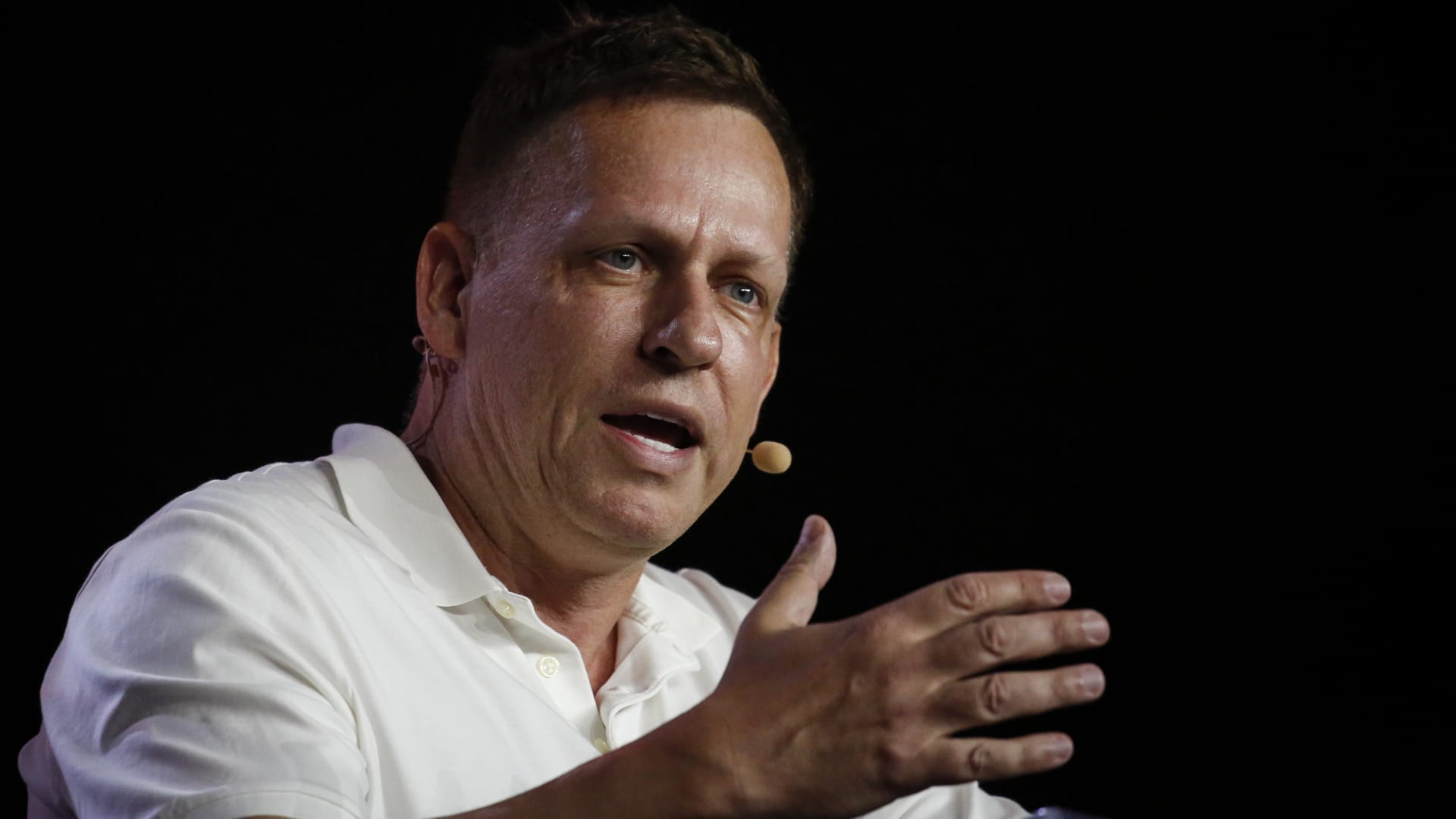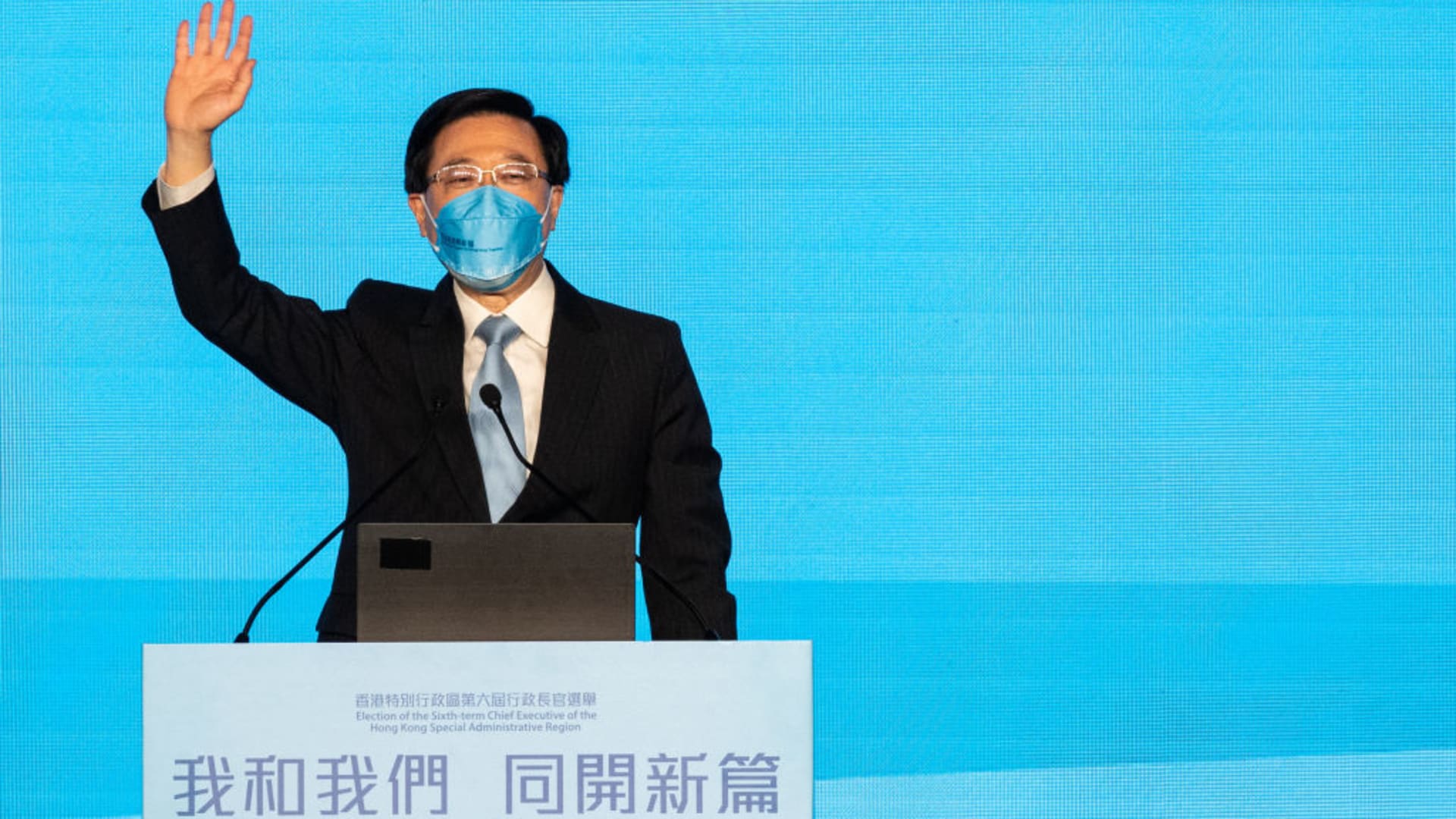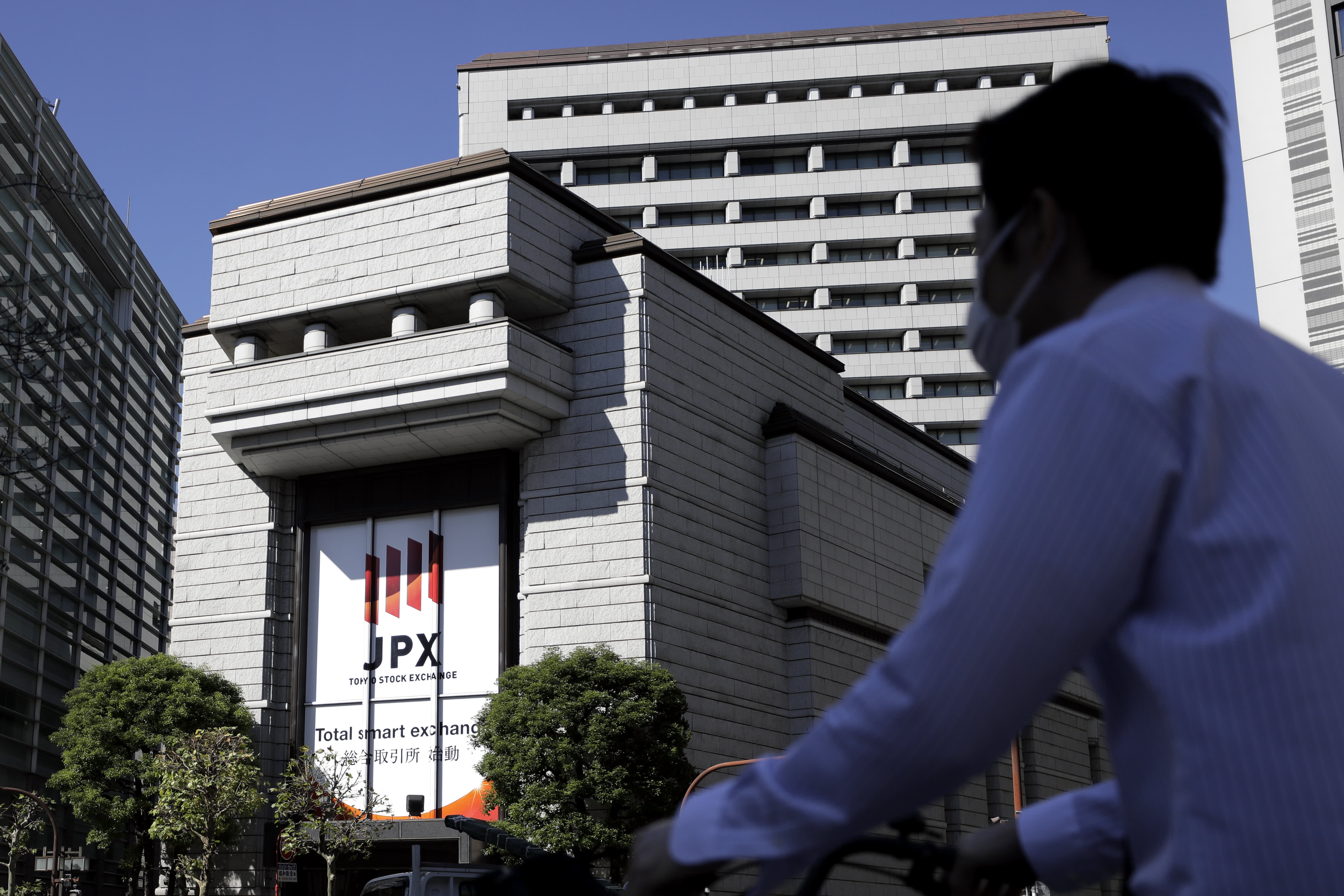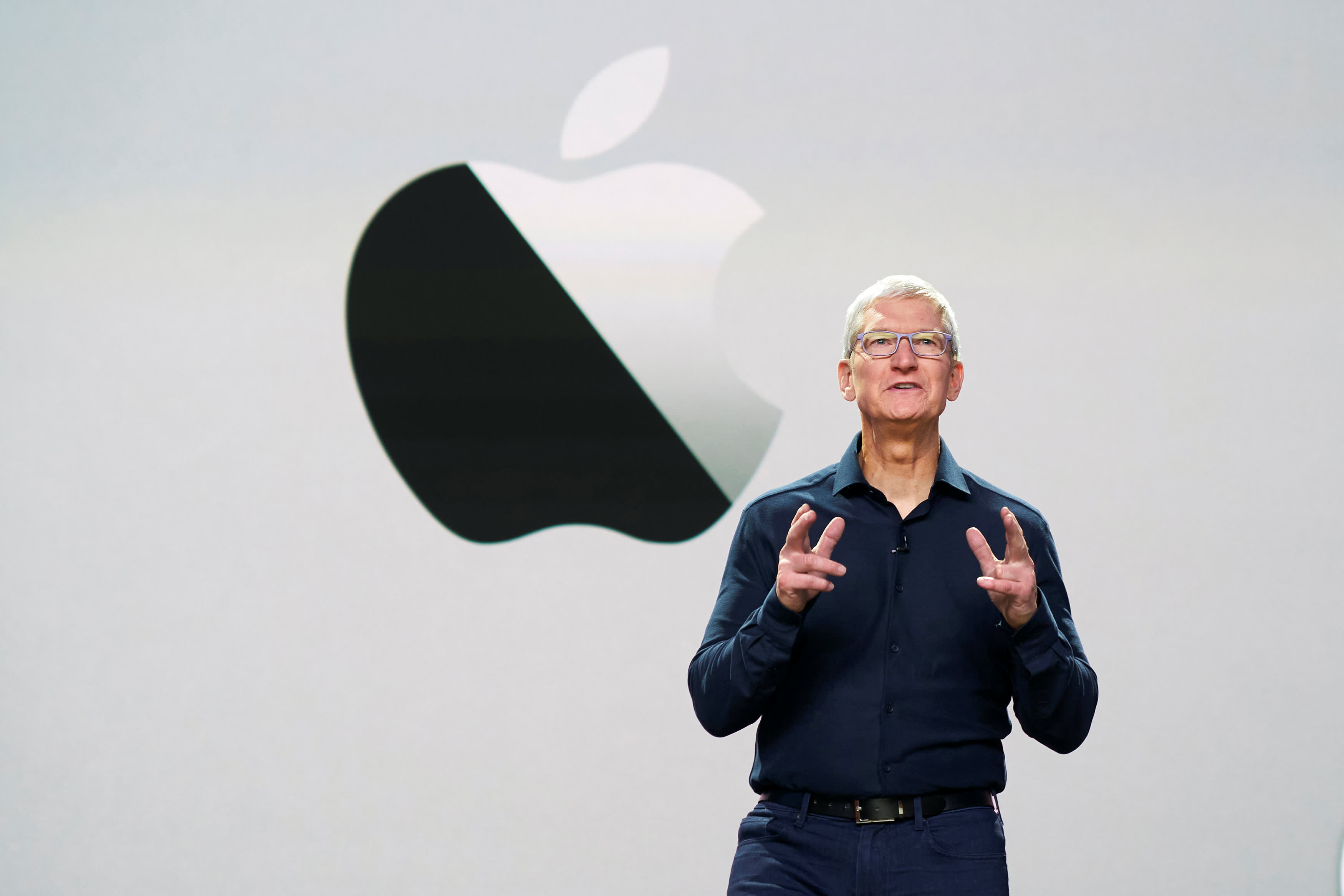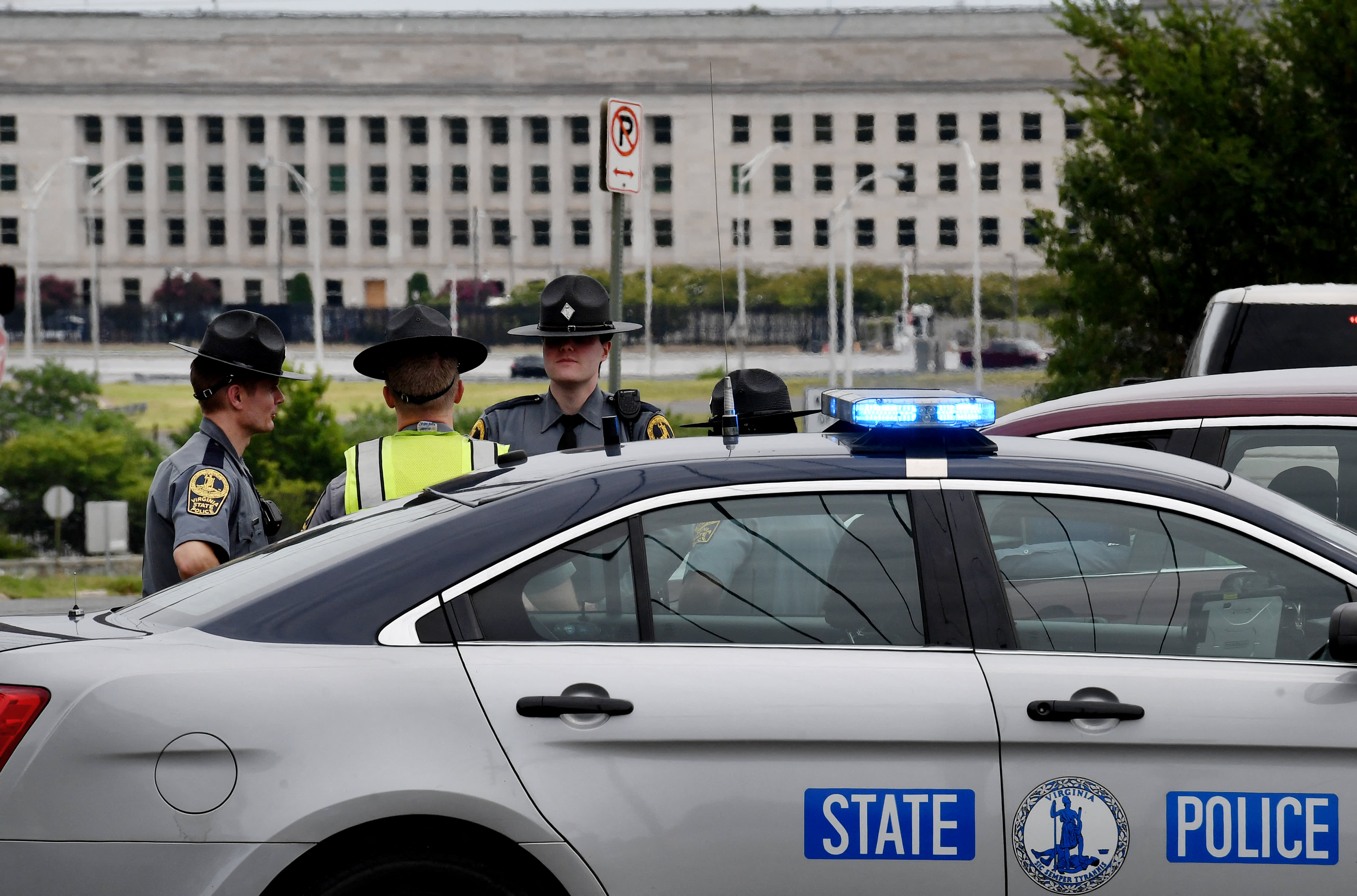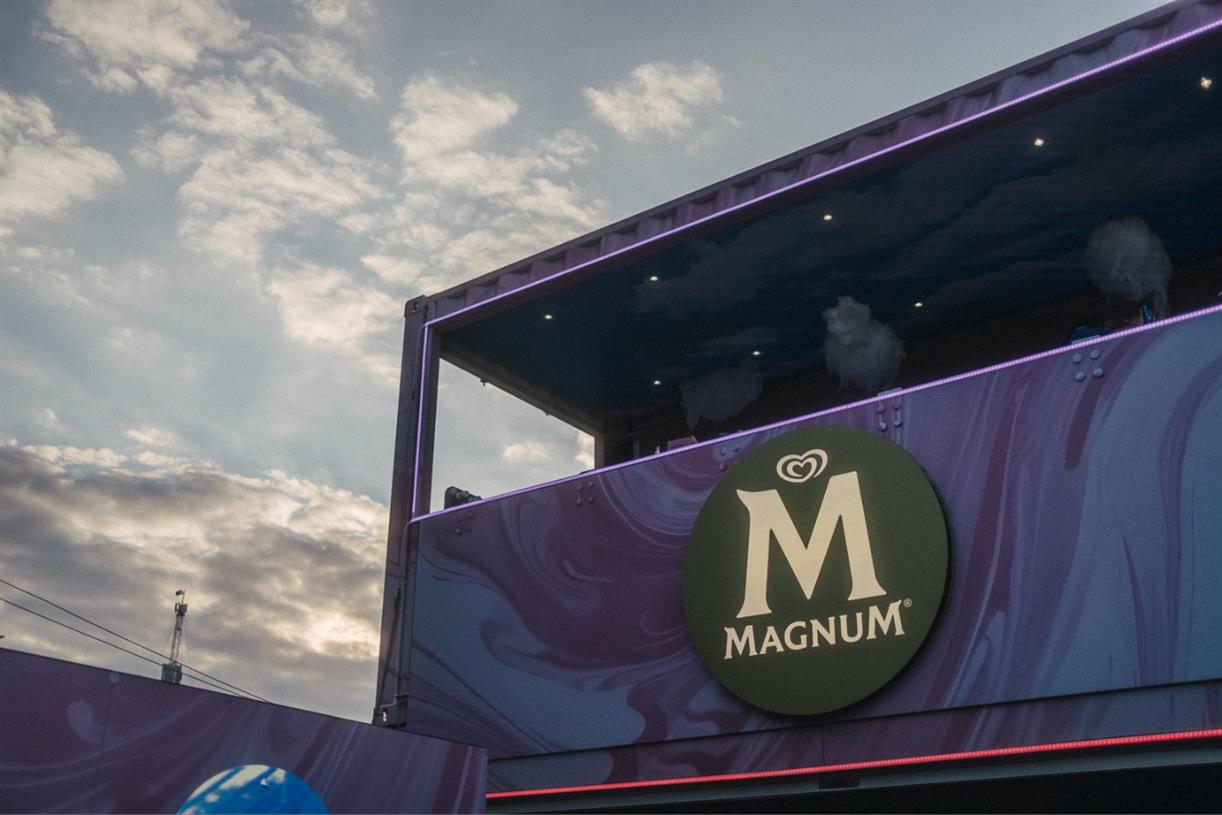Finland will apply to join NATO, president says, in a historic move for the traditionally neutral country
It's a historic move for the Nordic country, which has had a decades-long policy of military neutrality until now.
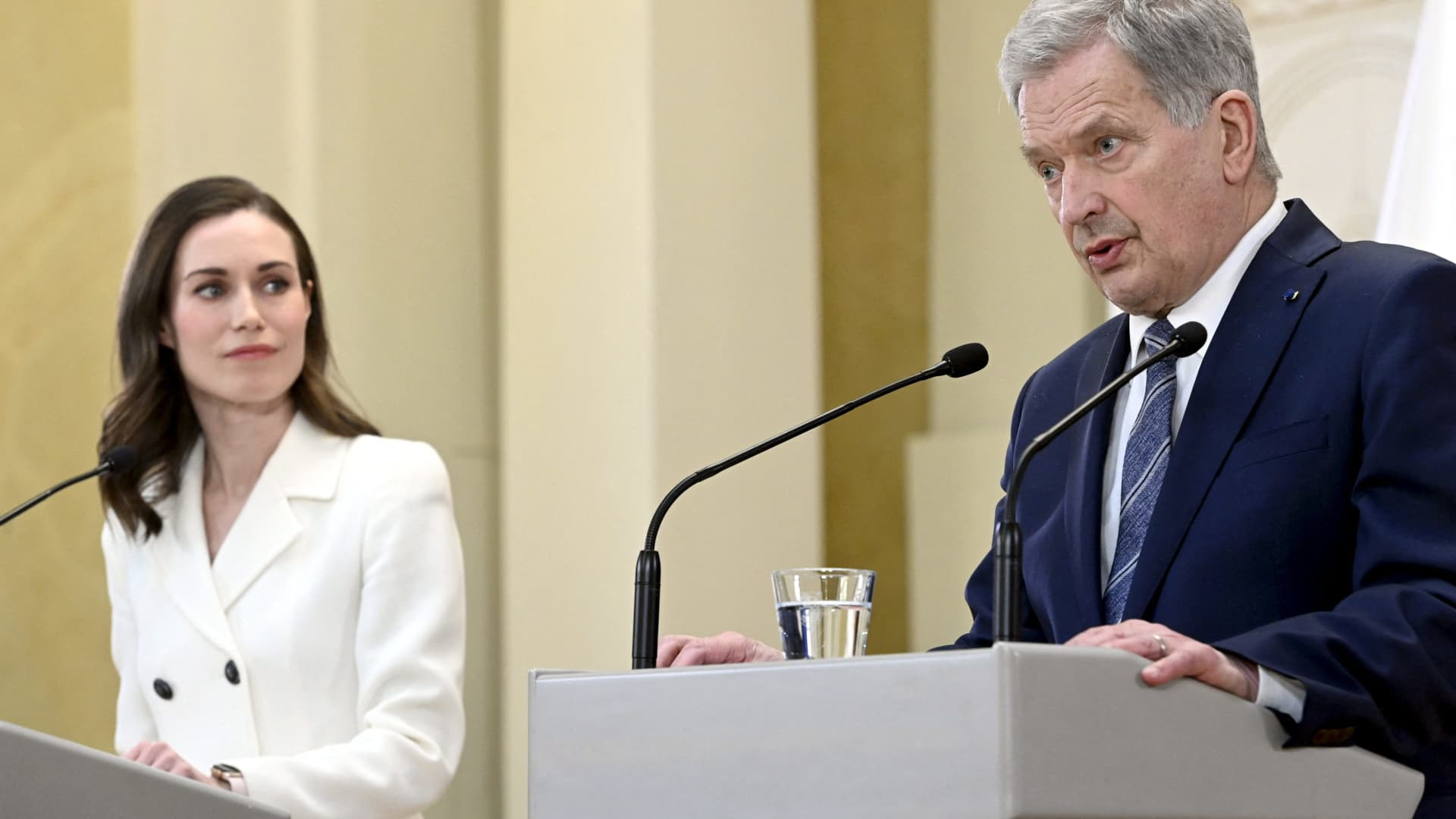
Finland's Prime Minister Sanna Marin (L) and President Sauli Niinisto.
Heikki Saukkomaa | Afp | Getty Images
Finland will apply for membership in NATO, the country's president said Sunday, in a historic move for the Nordic country, which has had a decades-long policy of military neutrality.
In a press conference alongside Prime Minister Sanna Marin, President Sauli Niinisto said: "Today, we, the president and the government's foreign policy committee, have together decided that Finland ... will apply for NATO membership."
He added that being a member of the military alliance will "maximize" Finland's security after Russia's unprecedented invasion of Ukraine in February.
Marin described that move to apply as an "important decision" based on a "strong mandate."
"We hope that the parliament will confirm the decision to apply for NATO membership during the coming days," she added. The formal application is expected to be submitted next week.
Marin said Finland has been in close contact with NATO and its members over the decision. Last week, Marin and Niinisto said the country should apply to join NATO "without delay."
'Radical change' in policy
Finland shares an 830-mile border with Russia; if it joins the military alliance, the land border that Russia shares with NATO territories would roughly double.
As such, there is a risk the move from Helsinki could spark aggression from Russia, where President Vladimir Putin has repeatedly expressed his opposition to NATO's enlargement.
Finland's Niinisto said he spoke to Putin on Saturday and informed him of his country's decision.
Last week, Russia's foreign ministry said Finland joining NATO would be a "radical change" in the country's foreign policy. "Russia will be forced to take retaliatory steps, both of a military-technical and other nature, in order to stop threats to its national security arising," it said in a statement.
Russia has land borders with 14 countries and five of them are NATO members: Latvia, Estonia, Lithuania, Poland and Norway.
Finland has been reviewing its security policy following Russia's invasion of Ukraine, which showed the Kremlin is willing to attack a neighboring nation. Finland has been invaded in the past — in 1939, the Soviet Union attacked Finland in what became known as the Winter War.
Opposition from Turkey
One potential stumbling block to Finland joining the alliance is Turkey, the NATO member with the second-largest military after the U.S.
Ascension for a new member state requires consensus approval from all existing members.
The country's President Recep Tayyip Erdogan said Thursday: "We don't hold positive views" on Finland and Sweden's potential membership. Sweden is expected to follow Finland and also apply to join NATO in the near future.
Earlier Sunday, NATO's deputy secretary general struck a confident tone on Finland and Sweden potentially joining the group.
Speaking to reporters in Berlin, Mircea Geoana said the two countries were already the closest partners of NATO.
"I am confident that if these two countries will decide, in the next few days I understand, to seek membership in NATO, that [we] will be able to welcome them and to find all conditions for consensus to be met," he said.
On Turkey, Geoana added: "They expressed concerns that are addressed and discussed in between friends and allies."
NATO — or the North Atlantic Treaty Organization — was founded in 1949 by the U.S., Canada, and several Western European nations to provide collective security against modern Russia's forebearer, the Soviet Union.
Ever since its foundation, the alliance has had a thorny relationship with the Soviet Union throughout the Cold War and, following its collapse in 1991, the Russian Federation.
— CNBC's Natasha Turak contributed to this report

 MikeTyes
MikeTyes 







